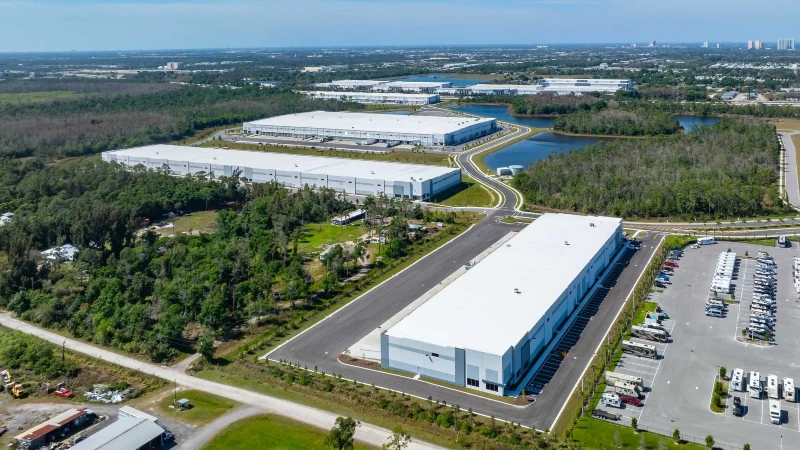
Nov 11, 2024
Voters across several states and cities made significant decisions regarding housing and property taxes during the recent Election Day. In Charlotte, North Carolina, residents approved a $100 million bond for affordable housing and an additional $62 million for neighborhood enhancements. Meanwhile, North Dakota voters rejected a proposal to change local funding structures for public services, and Arizona passed a measure allowing homeowners to seek tax refunds if local governments fail to address nuisances associated with homelessness. Additionally, Rhode Island voters approved a $120 million allocation for affordable housing, while Florida homeowners supported an amendment to adjust property tax exemptions annually for inflation. In Denver, however, a proposed $100 million bond for affordable housing did not gain enough support.
Oct 30, 2024
NextEra Energy’s Florida Power & Light is seeking approval from the Florida Public Service Commission for a temporary surcharge on customer bills in 2025 to recover $1.2 billion in costs related to hurricane damage from Hurricanes Debby, Helene, and Milton. This surcharge, estimated at an additional $12 per month for typical residential customers, would cover restoration expenses and help replenish the utility’s storm reserve fund, which was nearly depleted after repeated storm damage over the past 14 months. The utility highlighted its efforts to improve resilience with storm hardening and smart grid technology.

Oct 30, 2024
The U.S. office market shows signs of stabilizing as more companies, including Amazon and Dell, call employees back to the office, with one-third of firms now requiring in-office attendance five days a week. This shift has benefited landlords, particularly as newer, amenity-rich spaces attract higher occupancy. Although office vacancies remain high, at 13.8%, and distressed office loans are rising, the demand for well-located and modern properties is improving. Some firms, like HSBC, report increased attendance in newly upgraded spaces, while investor interest in distressed properties is also growing amid a modest recovery in the sector.

Oct 28, 2024
Hurricane Milton threatened over $1 trillion worth of commercial property in Florida, with more than 235,000 properties at risk of exposure to dangerous winds. The storm’s path included 44,122 industrial spaces, 78,916 retail properties, 42,387 office buildings, 64,857 apartment buildings, and 5,056 hotels. While initial worst-case estimates projected up to $175 billion in losses, the actual damage was less severe, with preliminary estimates forecasting losses and cleanup costs of $75 billion. The storm’s impact was particularly significant for the lodging sector, with many hotels forced to shut down temporarily and offer free cancellations.

Oct 23, 2024
Glenstar Logistics and Columnar Investments have sold Tri-County 75, a 72-acre industrial park in Fort Myers, Florida. The park consists of four buildings totaling 818,000 square feet and is 95% leased to multiple Fortune 500 tenants, including American Bottling Co., Ferguson Enterprises, and Costco Wholesale. The development was completed in late 2023 and quickly leased due to its easy access to I-75 and Southwest Florida International Airport. While industrial demand remains positive in the Fort Myers area, recent completions have outpaced absorption, though vacancy rates are still below the national average.

Oct 21, 2024
About $749 million of its general office loans are for properties in the New York City market, representing about 14% of its total office loan book. The New York loans are about evenly split between offices located downtown and in the suburbs. The bank’s second-largest market for general office loans is Washington, D.C., where all properties are in the suburbs. Citizens holds $467 million of general office loans in the Washington market.





